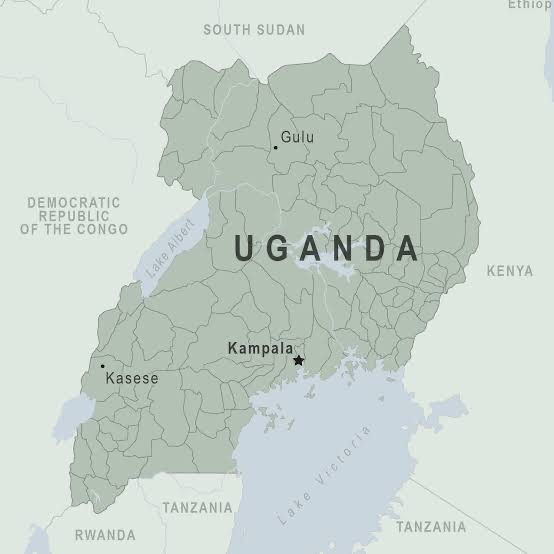Reaching hundreds of vulnerable people in rural Uganda is posing a major challenge for the country’s vaccination campaign.
Lake Bunyonyi, Africa’s second deepest lake, is located in the western district of Kabale.
The area is dotted with islands that are home to some 2,500 people.
It’s also one of the hardest places for health workers to get to.
Reaching the islands involves a 30-minute boat ride either on a traditional canoe or a costly speedboat.
The COVID-19 pandemic has made the situation even more difficult for island residents who relied on tourism as their major source of income.
Dr. Edward Arineitwe, assistant district health officer for Kabale district, regularly travels to Bwama island’s Health Centre III, which provides basic health services for island communities.
Due to its remoteness and inaccessibility, many living on the island have not yet been vaccinated against COVID-19.
To ensure that all vulnerable people and high-risk categories are vaccinated, Uganda’s Ministry of Health together with UNICEF arranged for the vaccine to be delivered to the island this week.
Catherine Ntabade, communications officer for UNICEF, says funds have not been available to provide for travel to and from the islands up until now.
The exercise in Bwama saw over 200 people get vaccinated on Wednesday, the first day of the drive.
Authorities hope to reach 1,000 of the islands’ most vulnerable inhabitants.
Uganda started its coronavirus vaccination campaign on 10 March, targeting more than 20 million people who pose the highest risk of infection.
The vaccination drive targets health workers, teachers, the elderly and those with underlying medical conditions, as well as refugees.
So far over 300,000 Ugandans have received a first dose of the AstraZeneca vaccine.
But for many in areas that are difficult to access, protection against COVID-19 remains uncertain, and vaccine hesitancy remains a significant hurdle.
Safety concerns relating to the AstraZeneca vaccine, often the main shot available under the donor-backed COVAX program to ensure access for developing countries, have left some worried.
Vaccine-related suspicions have been spread widely on social media, driven partly by a general lack of trust in authorities.
Uganda’s health minister had to refute allegations she faked receiving a shot, even posting a video of herself getting the jab on Twitter, along with the admonition: “Please stop spreading fake news!”
Africa, whose 1.3 billion people represent 16% of the world’s population, has received less than 2% of the COVID-19 vaccine doses administered around the world, according to the World Health 0rganisation (WHO).












